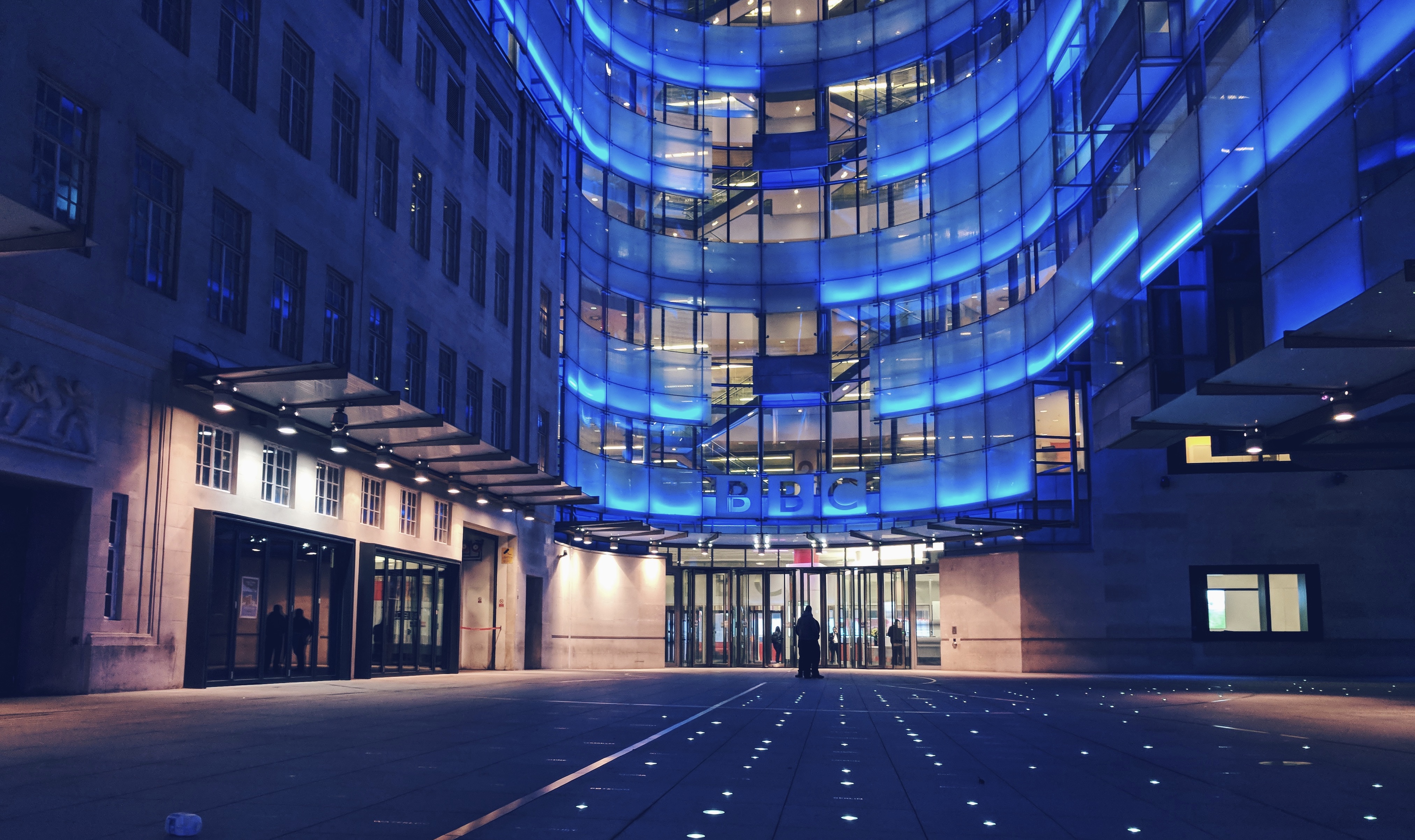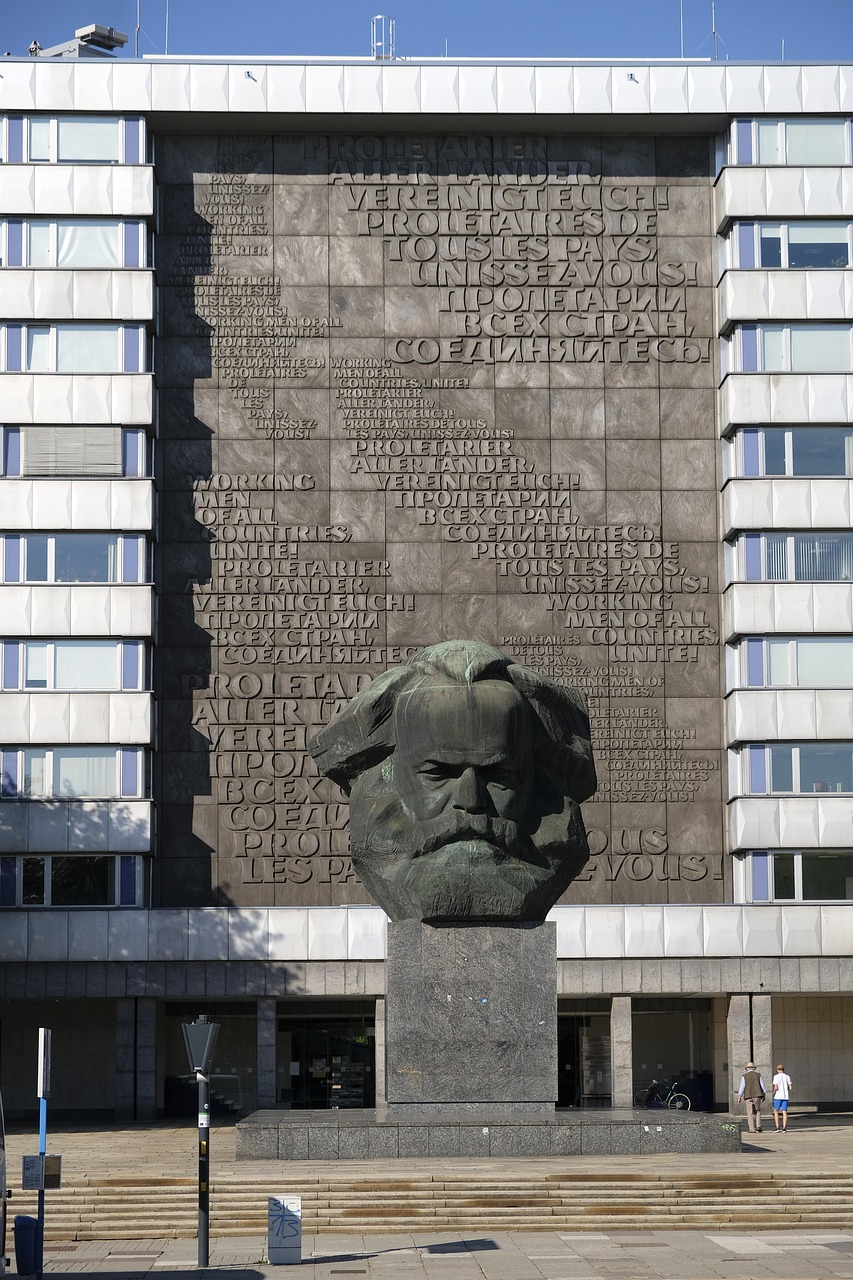Ever since its inception, the BBC has been regarded by many as one of our most cherished of national institutions. For years it has provided educational content and entertainment to millions. But as the corporation faces its centenary, without wholesale reform, its very future is in doubt.
The most important problem the BBC faces is its antiquated funding model. When the BBC was set up in 1921, it was funded by a 10 shilling a year charge. This made sense, as the corporation had a clear monopoly on output and was the sole provider of content. But technology evolves. Now, with the vast proliferation of commercial rivals, the days of an exclusive monopoly on both output and audience have long since died.
As we sail through the 21st century, the BBC needs to find a new way to fund itself and stay relevant. Many ideas have been suggested – the most recent of which is the ridiculous proposal to make those who own larger, more expensive homes pay more for their licence. Not only would this come at the worst possible time, with Covid-19, but why should those who may not watch much television but happen to live in a large house be forced to pay more for what is essentially a universal standard charge applied directly to all of us?
The whole model is flawed. No matter what is suggested, without a radical overhaul, the current system is doomed. The TV licence works as a form of cross-subsidy. Anyone who wishes to watch broadcast television – no matter if you watch BBC content or not – must pay the BBC the same £154.50. Want to watch ITV or Channel 4? You must first pay the BBC. It is like being forced to pay Sainsbury’s a fixed annual amount regardless of whether we wanted to shop there or go to Tesco.
If the BBC is to stay relevant it must also address the issue of bias. Accusations have been levelled against the corporation for years, leading former director general Mark Thompson to publicly state that “there was a massive left-wing bias at the BBC”.
For example, the contempt for voices hostile to the EU has been ingrained within the BBC for years. According to Civitas, between 2005 and 2015, of the 4,275 guests on Radio 4’s Today programme, only 132 supported leaving the EU. This clear issue of bias by selection has had a deleterious effect on how the public perceives the corporation.
A YouGov poll from December revealed that less than half of Britons (44 per cent) trusted what BBC journalists told them. Similar numbers from Ofcom found that only 59 per cent found BBC News impartial. This may explain the gradual erosion of its audience figures. During Halls’ seven-year tenure, viewership drastically declined. According to Statistica, viewership of BBC news has plummeted by a quarter. In 2012, 25 million regularly watched the news through the BBC, but by 2019, that figure had dropped to roughly 18 million.
The corporation has simply failed to understand its audience. This can be reflected in the growing number of people losing interest in what it offers. The official figures show the number of people getting rid of their licence has rocketed: 860,000 were cancelled in 2017/18, up 62,000 from 798,000 the previous year. While this was admittedly a relatively small proportion considering 26 million still have one, 2,300 are still cancelled daily.
It has also faced growing pressure to retain its younger audience. During an average week, fewer than half of those aged between 16 and 24 watch any BBC content. With almost 13 million active UK accounts, subscription services such as Netflix are quickly catching up. Plus, with a sizeable budget of £12 billion to spend on new programming (four times what the BBC spends on its entire TV and radio output), younger people are ditching inflexible forms of watching shows and moving to these rapidly expanding on-demand services.
So, how do we move forward? Boris Johnson has said that “the BBC is not going to be privatised.” If that’s the case, what other options are there?
We could start looking at reform in two years when the licence fee is to be reviewed. We could replace the licence fee with a subscription model, where those who choose to pay can watch while those who don’t are blocked out. That way there is a natural incentive to attract viewers and provide legitimate objectivity. The iPlayer could also potentially charge for new star-studded shows, much in the way that Britbox does.
One thing is for certain. The BBC cannot pretend to act like a commercial enterprise by offering huge inflation-busting salaries to its top stars while pretending to be a public service broadcaster. The corporation needs to swallow its pride, have confidence in its product, and be prepared to compete on a market level as a subscription-based service. A business that has confidence in its product surely does not require the threat of force for non-payment. If it chooses not to move to a fully commercial operating system, I fear its revenue will gradually wither away and we will face the possibility of losing the BBC for good.















